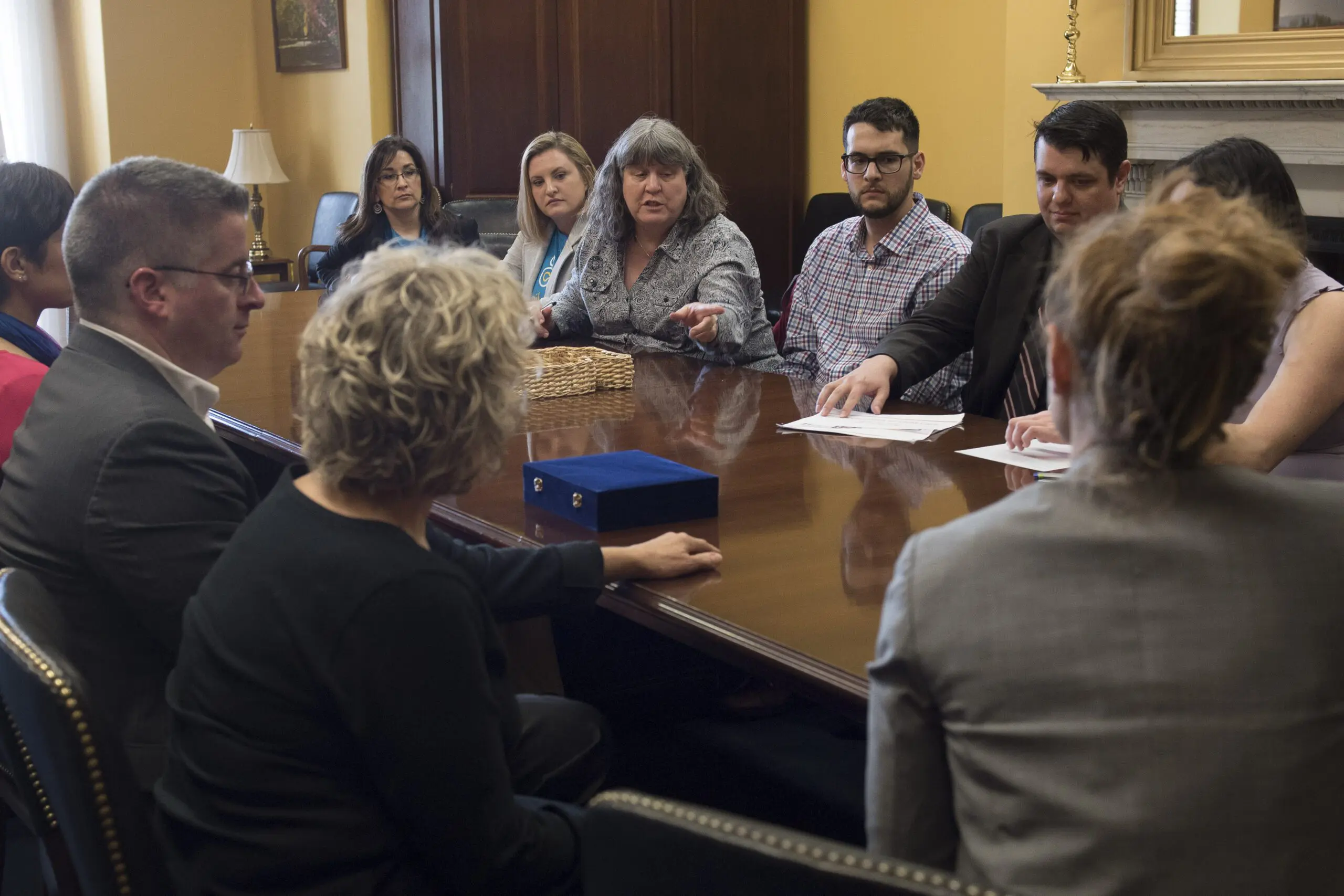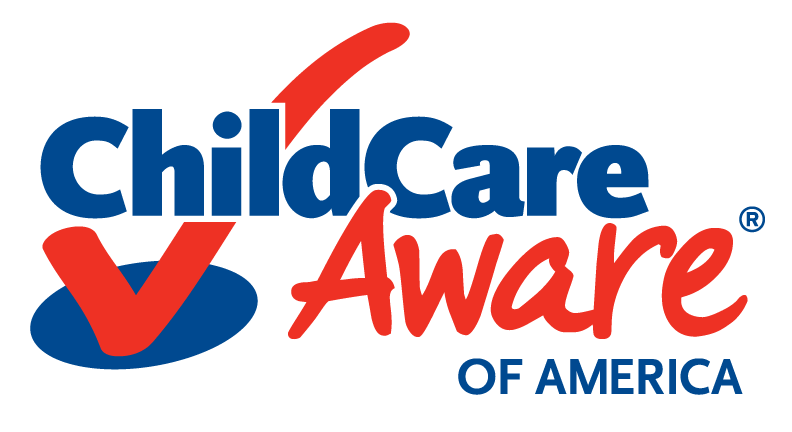Remember that your Member of Congress is there to represent your state and community. If you’re meeting with staff, keep in mind that they are there to help keep the Member informed.

- Thank the legislator and/or staff members for taking the meeting.
- Introduce yourself/any other members of the group.
If multiple people are joining your meeting, it may make sense to have someone facilitate the introductions. You should say your name, your organization and role, and where you live and work, so that the legislator and/or staff know you’re a constituent.
- Tell the legislator and/or staff about yourself or your organization.
It is important that the legislator and/or staff understand the scope of your operations or your connection to the issues you will be discussing. Before you discuss policy, give a quick background about yourself or your organization and how you connect to the child care system (i.e., are you a parent, child care provider, or Child Care Resource & Referral staff?). Parents and providers can share their personal experiences regarding child care. Child Care Resource & Referral staff can share more about the role these agencies play in the child care system.
- Share relevant materials you have prepared
Make sure there are copies for the legislator and his staff to review. You can also send the staffer you are coordinating the meeting logistics with this material ahead of time so that they can be shared with participants in advance.
- Introduce the policy issue you wish to discuss:
- Stay on topic and present your messages on child care briefly and persuasively. Keep your talking points simple and focused, and use ours if you desire. Don’t assume the legislator or their staff have expertise in your issue – approach the meeting as an opportunity to educate and inform them about your issue and why it’s important.
- Personalize the conversation by sharing your own experience, or relay the experiences of other parents or providers as well as any challenges regarding child care in your community. Relating a specific story or challenge puts a face on the issue you are discussing so it “sticks” with the member or staff.
- Back up your stories with facts and figures – you can use the fact sheets available from CCAOA or data from your own organization to emphasize the points you are making. Make sure to emphasize the specific needs around child care in your community.
- Be sure to prepare a two-minute “elevator pitch” version of your issue in case your meeting is cut unexpectedly short. This is your quick pitch that summarizes your most important talking points and overall request, or your direct ask.
- Make a clear ask
- Be very specific about what you want your legislator to do, for example: “Can you commit to ensuring dedicated child care relief now and investing in child care in the future for the long-term rebuilding of the system?”
- If you can lobby: ask the legislator or their staff to cosponsor legislation, speak out or vote against a bill, sign a letter, or join a Caucus.
- If you can educate: ask the legislator to visit a website, read a report, visit a child care provider in your community or attend an event when it’s safe to do so.
- Thank the legislator and/or staff again for the meeting
Be sure to suggest how you will be following up to answer questions raised in the meeting or communicate about future issues.


